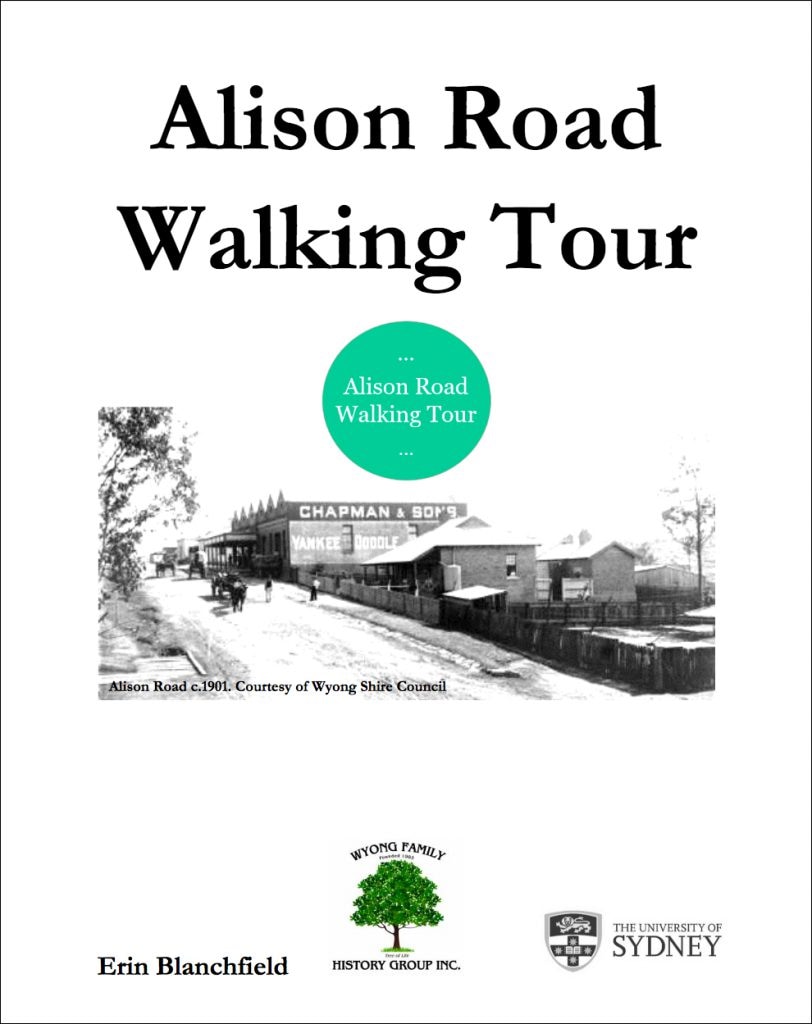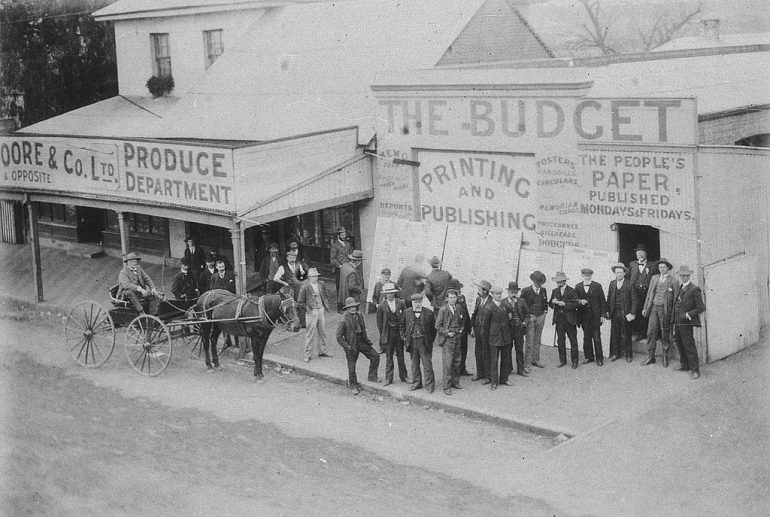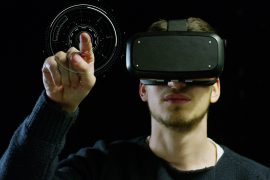As a partnership of two students and an academic, we wanted to measure students’ understanding and experience of cultural competence and whether this might change through the course of a unique community-engaged public history capstone unit in the Department of History, called HSTY 3902: History Beyond the Classroom. The unit is a rare example of a Faculty of Arts and Social Sciences (FASS) subject that involves community engagement as a core part of its design.

HSTY3902 requires students to frame, research, and produce an original project based on an engagement with communities and organisations outside the university. Students spend approximately 10 hours getting to know their chosen community or local organisation by contributing or assisting in their work. They then collaboratively develop a major public history project that would be beneficial for the organisation. This public history project can take various forms, and past student projects have ranged from museum exhibits, walking tours, the recording of oral histories, website developments, and many more. Student blog posts can be viewed here.
Our research involved participants from the Semester 2, 2016 cohort of HSTY3902 students. It was the second time the unit has been offered, with approximately 30 students enrolled. Participation in this research was anonymous and voluntary, with ethical approval granted by the University of Sydney’s Human Research Ethics Committee (Project Number 2016/735). Three methodologies were utilised: a survey, conducted at two points of the semester; two follow-up semi-structured interviews with students; and analysis of students’ public blog posts.
Findings
Both the survey and interview results revealed that our participants possessed only vague understandings of the precise definition of ‘cultural competence’:
I’m not really sure what [cultural competence] actually means… but I could probably tell you what isn’t [culturally competent] and I could probably tell you the kinds of stuff it might look like.
However, they offered insightful responses about the necessity of cultural awareness and sensitivity, and readily identified aspects and experiences that had allowed them to become increasingly perceptive or conscious of different cultural modes of understanding. The data affirmed our view that the discipline of History already, and implicitly, has many aspects of cultural competence embedded within it.
The strongest theme across the three forms of data collection was the benefits of real-world community engagement to students’ evolving understandings of cultural competencies and skills:
I mean, I think I saw that it’s all good and all to talk about how we could be helpful or aware and, like, careful about how we approach people [when conducting historical research], but I didn’t realise how real that was until I went out and did this community research.
While it can be said that the historical discipline fosters an awareness of perspective and difference, students’ active involvement in community-based historical research in HSTY3902 is able to add new insights to these ideas. It asks students to be intricately involved in the creation of history, and in so doing, brings them into contact with its practice outside of the university setting.
Conclusion
The Humanities and Social Sciences are subject areas that are oriented around an exploration of peoples and how they have created social, cultural, and political understandings of their world. In various faculties and disciplines, ideas and skills of cultural competence are not only implicitly conveyed through studies, but are arguably fundamental aspects of disciplines such as History, Sociology, Anthropology, and Government and International Relations. As the university enters a new phase of curriculum renewal and transformation, alongside its increasing focus on cultural competence, this invites questions and reflections on how these two aspects can be more explicitly aligned.
This preliminary – and, admittedly, limited – survey of HSTY3902 students has indicated that the provision of ‘real world’ scenarios and research possesses a powerful ability to invite students’ critical reflection on principles of cultural competence. Indeed, even in this small-scale research, it is apparent that cultural competence is both a theoretical and highly practical notion – it is, moreover, through practice that its complexities become fully apparent.
If you have any questions about this research, please feel free to contact [email protected], [email protected], or [email protected]
By Natalie Leung, Stephanie Barahona and Michael A. McDonnell





